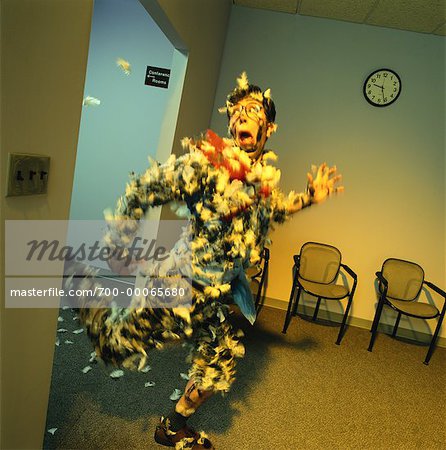Re: your "Do Not Forget" #3, this came up in a home game recently. You state there that the $15 straddle would be the triple straddle. By your rule, I'm inferring that the structure of the blinds and straddles would be:
SB: $1
BB: $2
UTG: $5 (First Straddle)
UTG+1: $10 (Second Straddle)
UTG+2: $15 (Third Straddle)
The way I've always played, each subsequent straddle would be double the previous straddle, so a triple straddle here would actually be $20. However, in a home game the host recently ruled that the double straddle in a home game would be $9.
Does anyone else use rules that provide for second (or third or fourth, etc.) straddles that are less than double the previous straddle?


